
When considering a postgraduate business degree to elevate your career, two popular options are an MBA and a Master of International Business. While both degrees cater to those aiming to advance in the business world, they have different learning outcomes. Understanding these differences is crucial to ensure that the course you choose aligns with your career goals and personal interests.
An MBA offers a comprehensive education in various business disciplines, including finance and leadership. A Master of International Business, on the other hand, is tailored for those who want to specialise in global markets and international business strategies.
In this article, we explore the learning outcomes, career opportunities and salary potential of a Master of International Business vs an MBA.
How do an MBA and a Master of International Business compare?
While both degrees can propel your career forward, there are key differences. An MBA offers a broad-based education in various aspects of business, perfect for professionals aiming to develop expertise across multiple domains. A Master of International Business, on the other hand, prepares students to navigate and manage business operations in an international context.
MBA
An MBA is a comprehensive course and the curriculum typically includes units in leadership, finance, marketing, operations and strategy. The goal of an MBA course is to develop versatile business professionals with a range of skills who can adapt to various roles in an organisation.
- What the course entails: An MBA program typically involves core units covering essential business disciplines alongside elective units that allow students to tailor their education to their specific interests. Many programs also offer opportunities for real-world application through case studies, networking events and group projects.
- Overview of what is taught: Key areas of study in an MBA include leadership and management, financial analysis, marketing strategies, operations management and business ethics. Electives may cover specialised topics like entrepreneurship, design thinking and data management.
- Benefits of studying an MBA: Pursuing an MBA provides a broad understanding of business operations, making it a versatile degree that opens doors to various industries and roles. It is particularly beneficial for those looking to advance into leadership positions or pivot into new areas of business.
Discover some MBA programs below.


Take your career to the next level with Griffith's Master of Business Administration (MBA). This flexible MBA allows you to study online, in person, or in a hybrid format, with a focus on responsible leadership, sustainable business practices and a global perspective.
Business today is about more than just profit; it's about creating long-term value for people, communities and the planet. Through Griffith's MBA, you'll learn how to make bold decisions, inspire high-impact teams and drive positive change. Whether you're aspiring to lead a multinational company, launch your own venture or influence policy and strategy, this degree will help you get there.


The Master of Business Administration is a postgraduate coursework degree that will develop your leadership, communication and critical thinking skills and prepare you for applying these skills in the complex global business environment. You will complete core and elective units and a design-led strategy capstone unit.
The part-time degree is purpose-built to unlock your personal and professional ambitions and refine your leadership skills. Delivered on the CBD campus, this flexible course can be completed in two to three years of part-time study.
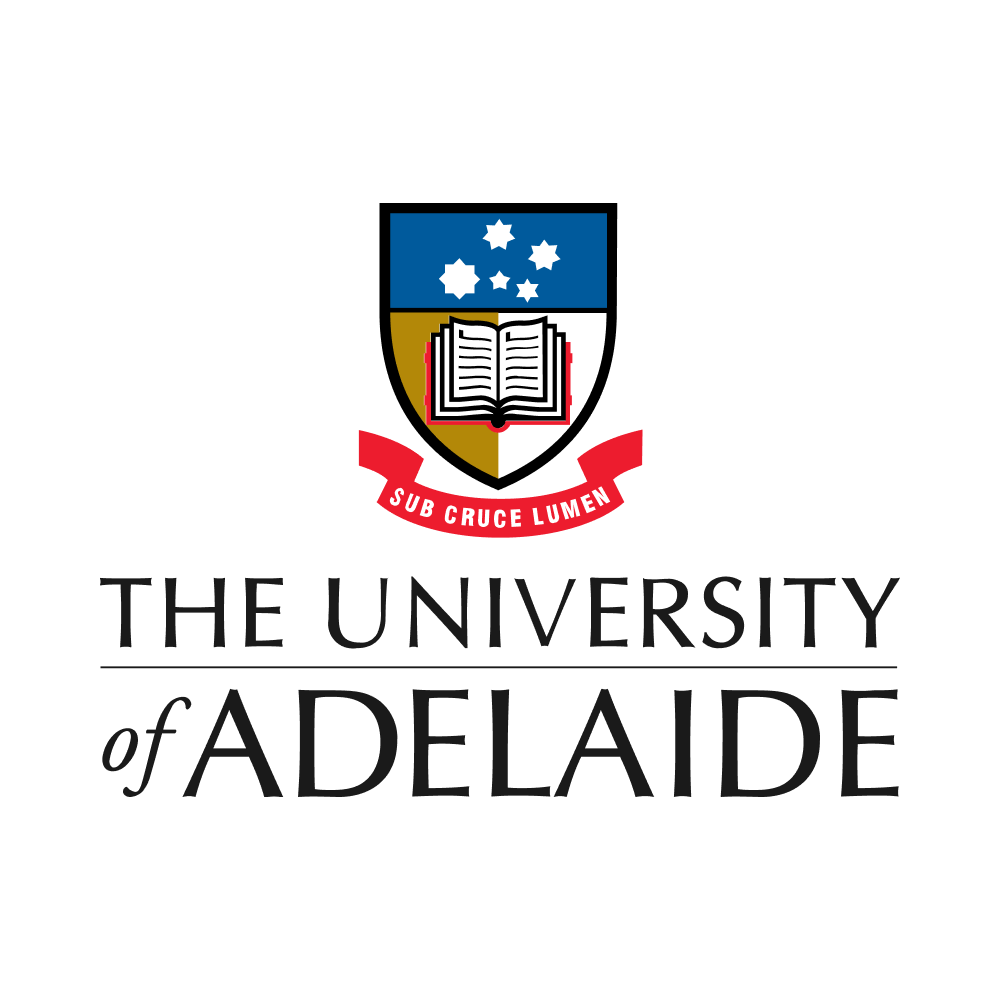

The Adelaide Business School’s MBA is designed by leading academics and infused with real experience from industry experts. You’ll emerge with the skills, insights and practical experience ready for senior leadership role in any sector.
Benefit from a Group of Eight program of studies tailored to the online learner and skills essential to the workforce in 2024. Develop and build your critical thinking, problem-solving and decision-making skills while undertaking courses in key business applications including strategic planning and organisational leadership.
The University of Adelaide has partnered with Boundless Learning, a leading global learning company, to deliver these degrees 100% online. The Partnership has been established to deliver the very best experience and learning outcomes to all students. Students will be awarded a University of Adelaide qualification and these degrees meet the University's highest quality standards.
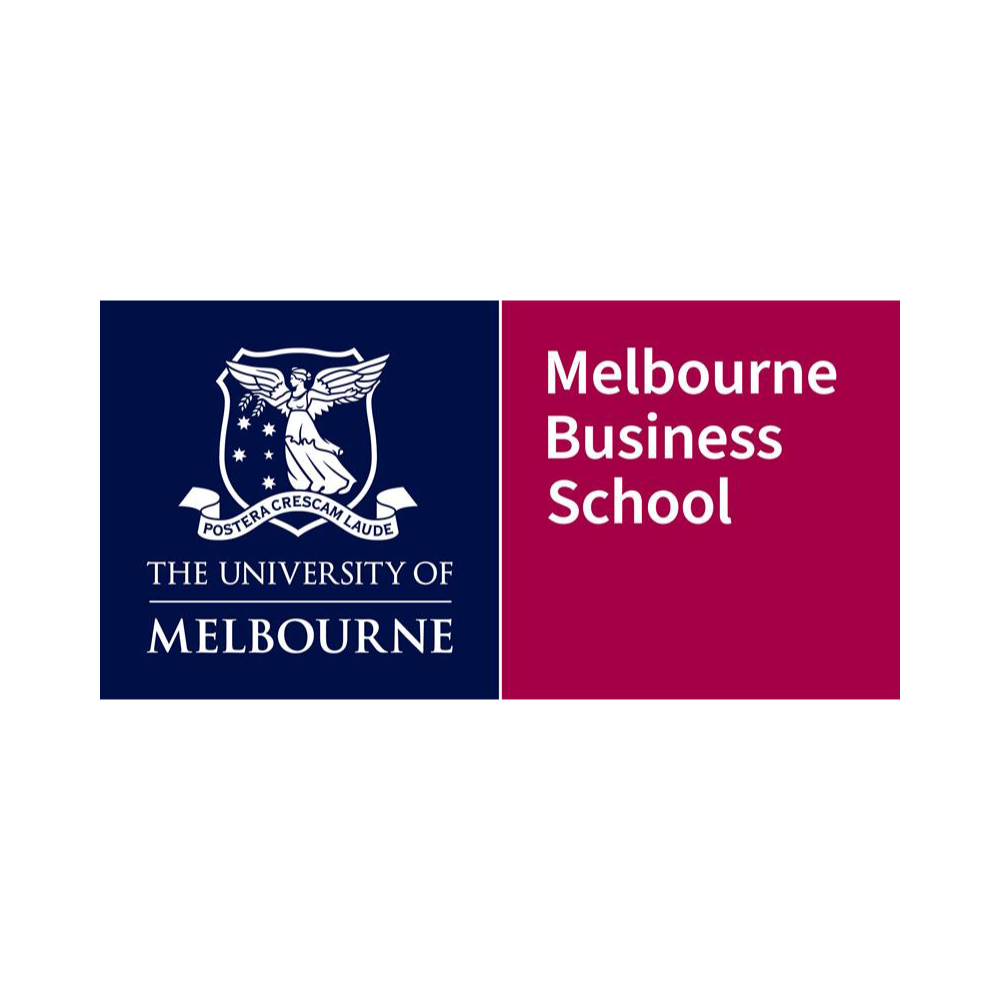

Developed in line with global best practices, the Melbourne Business School Online Master of Business Administration (MBA) has a rigorous and comprehensive offering of subjects that will prepare you for important and demanding careers, both domestically and internationally.
Supported by the best in business and connected to a network of like-minded professionals, the online MBA program prepares you to ignite ideas, lead organisations and meet change head-on.
Master of International Business
A Master of International Business is a specialised program that focuses on the complexities of conducting business across borders. It prepares students to understand and manage the challenges of global markets, international trade and cross-cultural communications.
- What the course entails: While students may learn foundational business principles, this master’s course goes deeper into global business practices, international trade laws, cross-cultural management and global market analysis. The coursework is designed to provide a deep understanding of how businesses operate internationally.
- Overview of what is taught: Students in a Master of International Business course typically study global marketing, international finance and managing cultural diversity. The program may include using case studies and undertaking projects that simulate real-world international business challenges to further your understanding.
- Benefits of studying a Master of International Business: This degree is ideal for individuals who are passionate about international markets and aspire to roles that require expertise in global business strategies.
Here are a few Master of International Business courses in Australia.
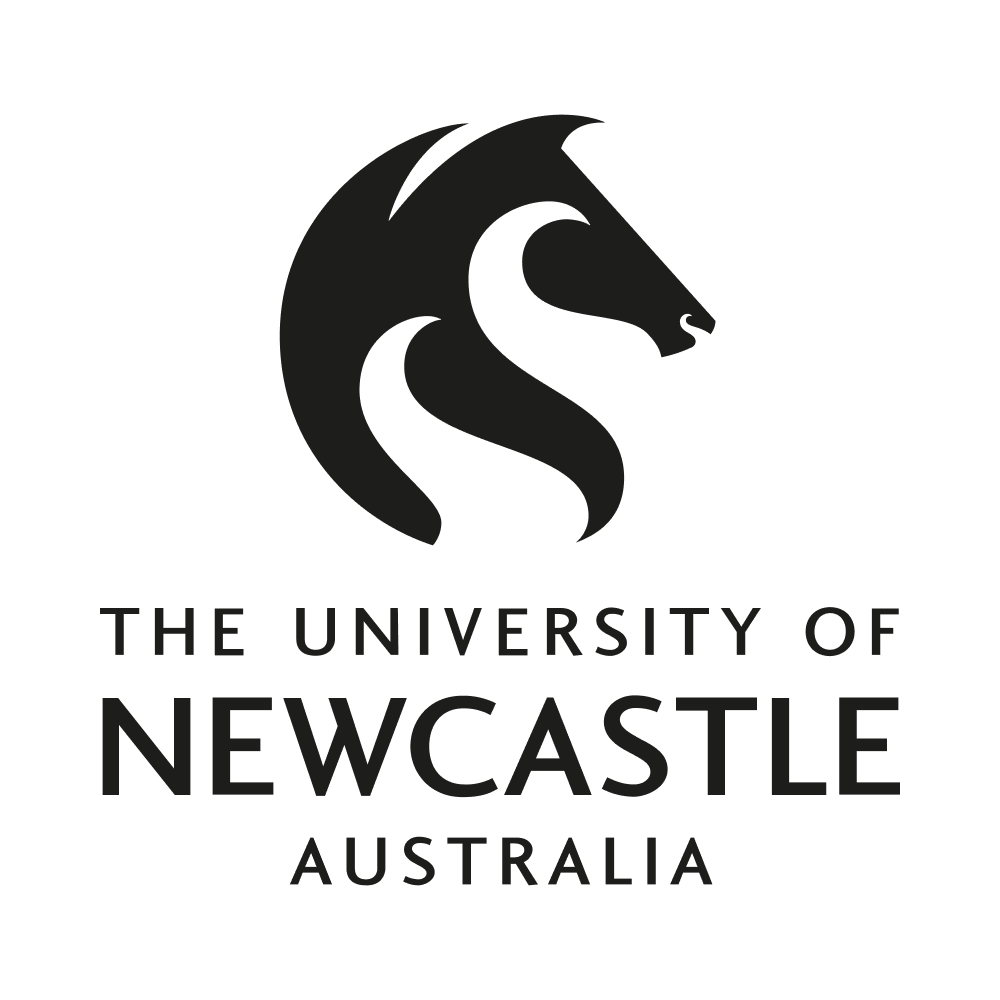

The Master of International Business program is designed to meet the needs of two groups - international students who wish to undertake business studies with a specific international focus in order to find employment in global markets, and Australian students who wish to expand their business capabilities and export products to international markets.
The program provides sound knowledge in the core business areas of marketing, finance, economics and human resource management and expands on this knowledge in the context of international trade, government policy and regulations with regard to global business operations. Students will study contemporary principles and standards of critical reasoning and management and develop the skills to operate effectively in the international business community, with cross-cultural sensitivity and awareness.


Globalisation has changed the face of business forever. Traditional economic boundaries have all but disappeared, meaning business is now conducted across different cultures, political systems, languages and social structures. As a result, individuals who understand the complexities of conducting business on a global scale are in demand.
The prestigious Master of International Business will equip you with the skills and knowledge you’ll need to set up and lead global enterprises.
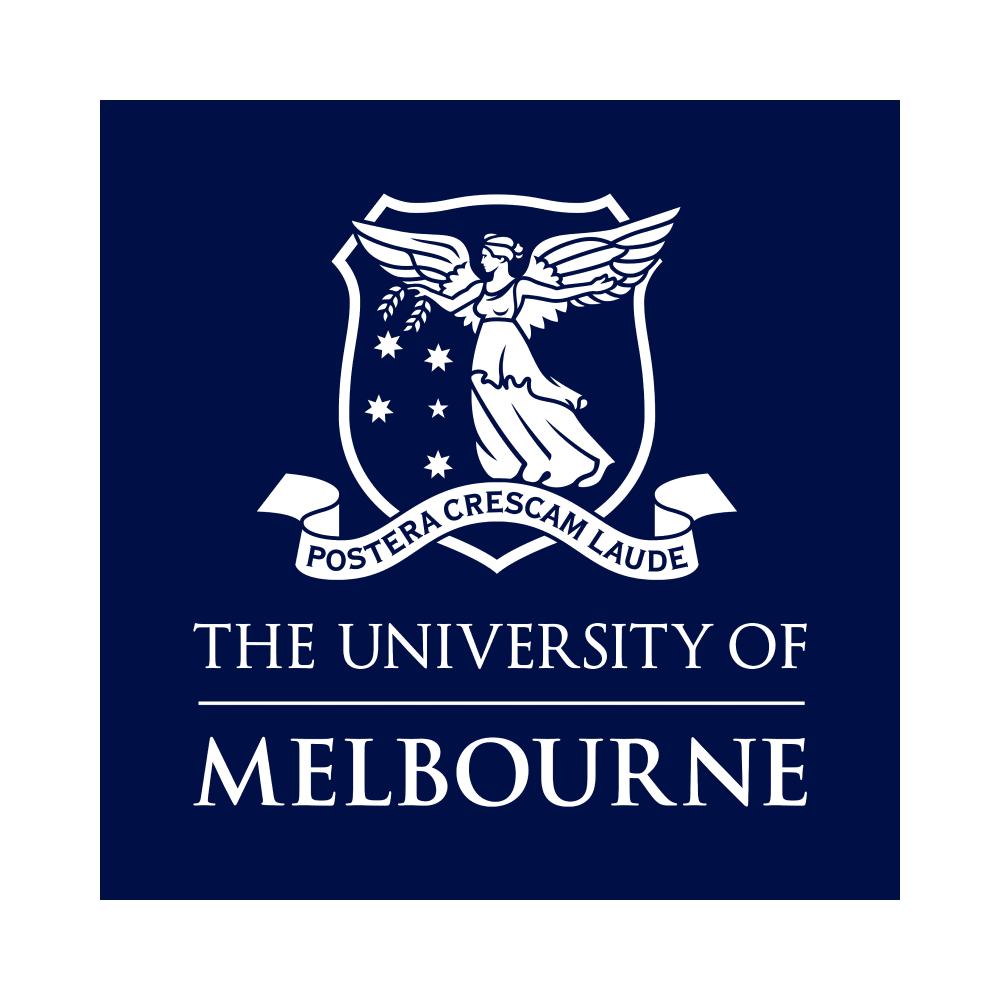

The Melbourne Business School's Master of International Business will equip you with effective management skills for the international business sector.
Your knowledge and understanding will be developed through in-depth learning in areas such as strategic management, corporate governance in a global context, cross-cultural impacts and marketing in an international space.
This program is for graduates who wish to establish a management career in international business, and who aim to develop a sound understanding of the policies governing the world trade and investment system, with a particular focus on the Asia-Pacific region.
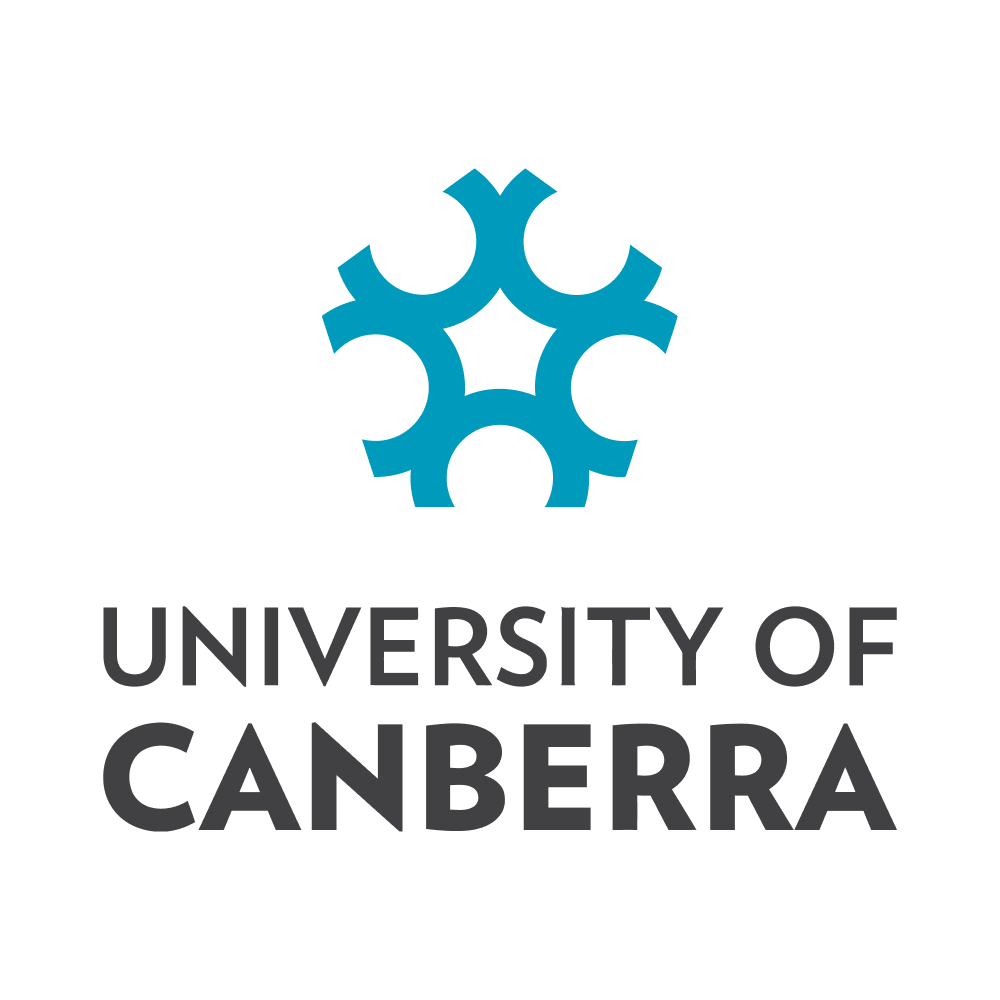

UC’s Master of International Business degree will open numerous pathways to dynamic international careers. Building on your undergraduate studies, you’ll develop high-level theoretical and analytical skills and the ability to synthesise information, so you can become an effective leader and communicator in a wide range of multinational business and management settings.
Explore human behaviour in organisations, business decision making, service management and aspects of international law, trade and governance as well as economics and marketing for managers and learn to provide solutions to complex problems in the international business sphere.
Study a Master of International Business at UC and you will:
- Gain a strong core knowledge in international business and economic theory.
- Develop a deeper understanding of the workings of international economies and multinational firms.
- Be encouraged to demonstrate initiative, creativity and social responsibility.
- Learn to confidently analyse data and provide advice to various stakeholders.
- Apply a range of research methods and analytical techniques to enhance your critical thinking, communication and problem-solving abilities in an Australian and international context.
- Discover a range of core and contemporary concepts and theories of organisations and their management and learn to analyse and apply these to business problems and propose sustainable solutions.
- Discover how geographical, legal, political, financial and institutional forces affect organisational practice and trade across international boundaries.
- Analyse and apply a range of contemporary entrepreneurial and enterprise skills and approaches to business innovation and organisational change.
Career possibilities for graduates
Both programs offer valuable skills that can open doors to various advanced roles in the business world. Let’s explore the career possibilities for each qualification.
MBA
The versatile nature of the MBA curriculum prepares graduates for senior management roles and beyond. If you already work in a specialised role, such as a marketing consultant or financial analyst, choosing an MBA means you’ll gain the necessary skills to move into higher-level positions like marketing manager or financial director. MBA career paths include roles such as:
- Chief executive officer (CEO): Lead and manage the overall operations and resources of an organisation, ensuring its goals are met.
- Entrepreneur: Leverage broad business knowledge to start and grow your own business.
- Business analyst: Analyse an organisation’s operations, systems and processes to identify areas for improvement and help the business achieve its goals.
- Business development manager: Identify new business opportunities and partnerships to drive company growth.
- Human resources manager: Manage an organisation’s HR strategies, including talent acquisition, employee relations and organisational development.
- Head of operations: Oversee the day-to-day operations of a company, ensuring that business processes run efficiently.
- Management consultant: Provide expert advice to organisations to improve performance, focusing on strategy, management and operations.
Master of International Business
This qualification provides a focused education that is particularly valuable for careers in multinational companies, international trade and global market analysis. If you’re working as a domestic marketing specialist or operations coordinator, completing a Master of International Business can help you transition into more senior global roles such as international marketing manager or global operations manager. International business careers include:
- International marketing manager: Develop and implement marketing strategies tailored to international markets.
- Trade policy analyst: Analyse and provide insights on trade policies, helping organisations navigate international trade regulations.
- Operations manager for a multinational corporation: Manage a company’s operations across various countries, ensuring alignment with global strategies.
- Global supply chain manager: Oversee and optimise supply chain processes across different regions to ensure efficient global operations.
- International business consultant: Provide strategic advice to businesses on how to enter and succeed in global markets.
Salary potential for graduates
Graduates of both MBA and Master of International Business courses may significantly boost their earning potential, reflecting the advanced skills and strategic knowledge they bring to their roles. Salaries vary depending on industry, location and individual career progression, but both degrees offer strong financial returns. Here are some salary expectations.
MBA
- Business development manager: $100,000 to $120,000
- Human resources manager: $115,000 to $135,000
- Head of operations: $155,000 to $175,000
- Management consultant: $95,000 to $115,000
- Business analyst: $105,000 to $125,000
Master of International Business
- Marketing director: $170,000 to $190,000
- Operations manager for a multinational corporation: $130,000
- Global supply chain manager: $138,204
- International business consultant: $132,000
- Policy analyst: $100,000 to $110,000
Master of International Business vs MBA: the verdict
The decision of which course to pursue should be guided by your long-term goals, interests and the skills you wish to acquire.
Kavita Herbert is the CEO and founder of the B2B platform BackBone and transitioned from a career in chemical engineering to marketing through an MBA. She emphasises the importance of aligning your education with your career aspirations.
“True success comes from finding that sweet spot between what you love and where your strengths truly shine. An MBA offers the chance to explore a wide range of disciplines, so you can not only deepen your business acumen but also discover your own strengths. This broad exposure can open doors to possibilities you may not have considered before.”
Herbert’s experience highlights one of the key advantages of an MBA: its broad and versatile curriculum. “The foundational principles I gained during my MBA remain integral to my daily work,” she says.
“Whether I’m navigating finance, marketing, product development, technology or sales, the ability to seamlessly shift between these disciplines is a direct result of my MBA training. It’s this versatility that has empowered me to wear the many hats required to run a successful business.”
However, if your interest lies in global markets and international business and you aspire to roles that require expertise in this area, a Master of International Business may be more suited to your needs.
Herbert’s advice? “Everyone’s path is different. What works for one person might not be the right fit for another. So when weighing an MBA against a more specialised degree like a Master of International Business, consider the value of keeping your options open but also take into account your own interests.”
MIB vs MBA: align your education with your career goals
When deciding between an MBA and a Master of International Business, consider how each program aligns with your career aspirations. While a Master of International Business offers specialised knowledge of the complexities of global markets, an MBA provides a broader understanding of various business functions while touching on global issues. Explore course options from top universities in Australia here.



















